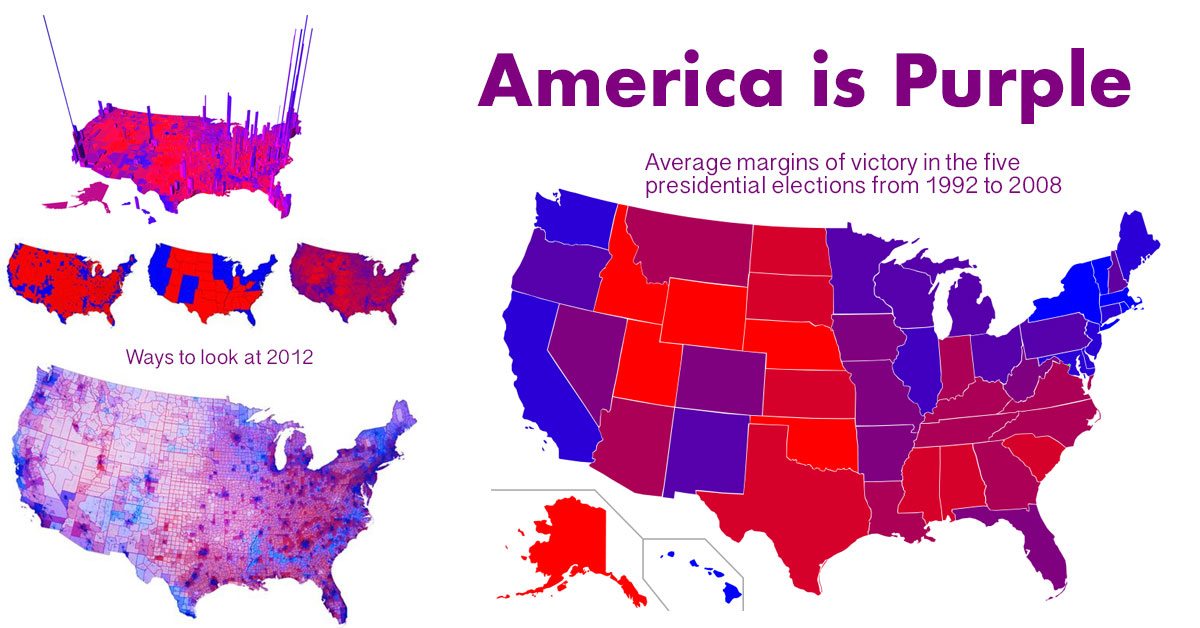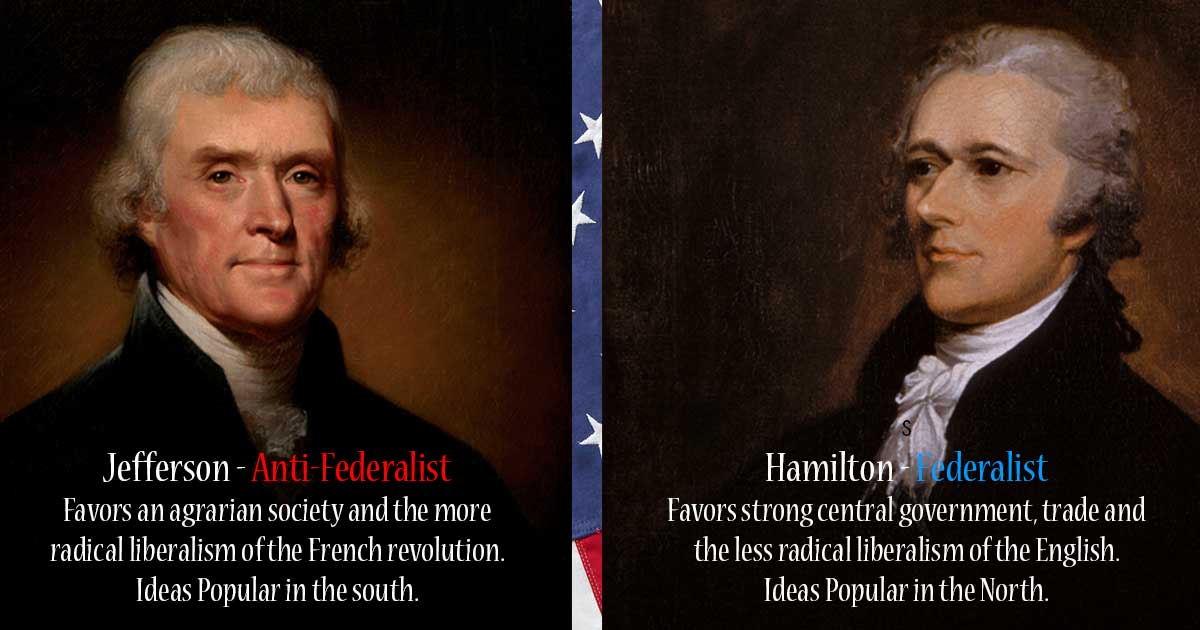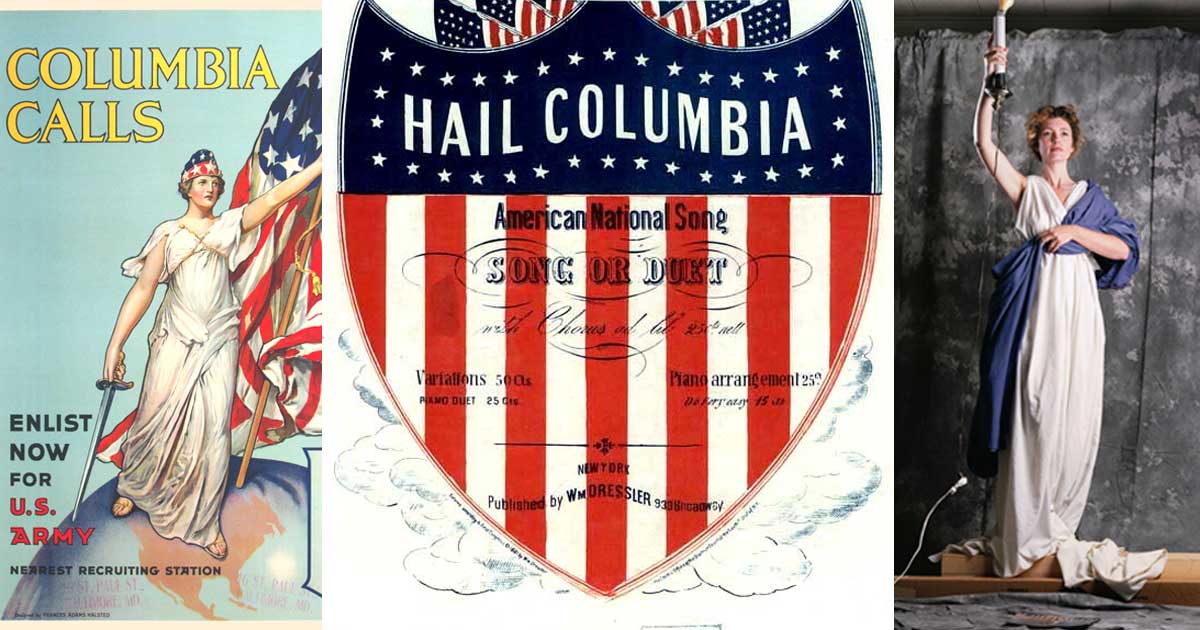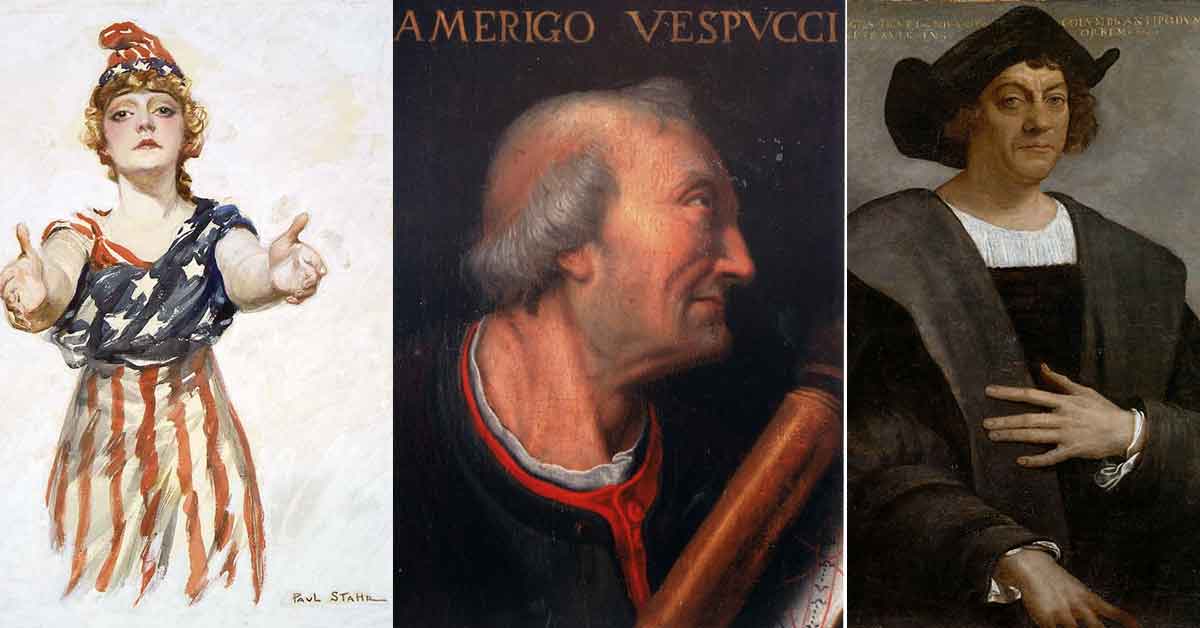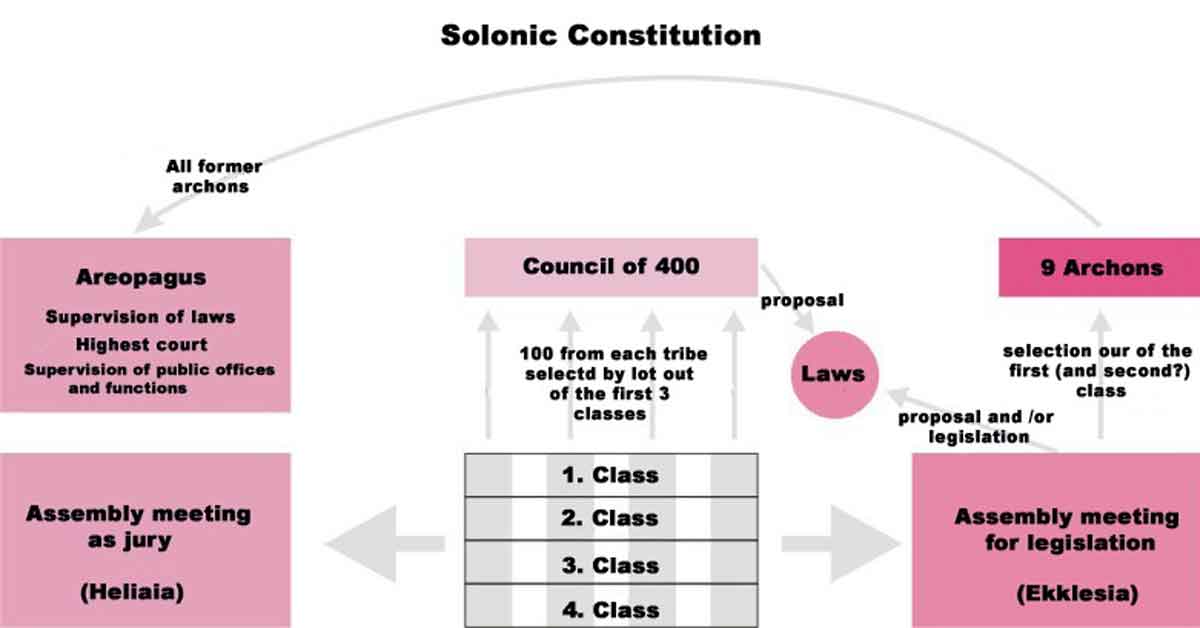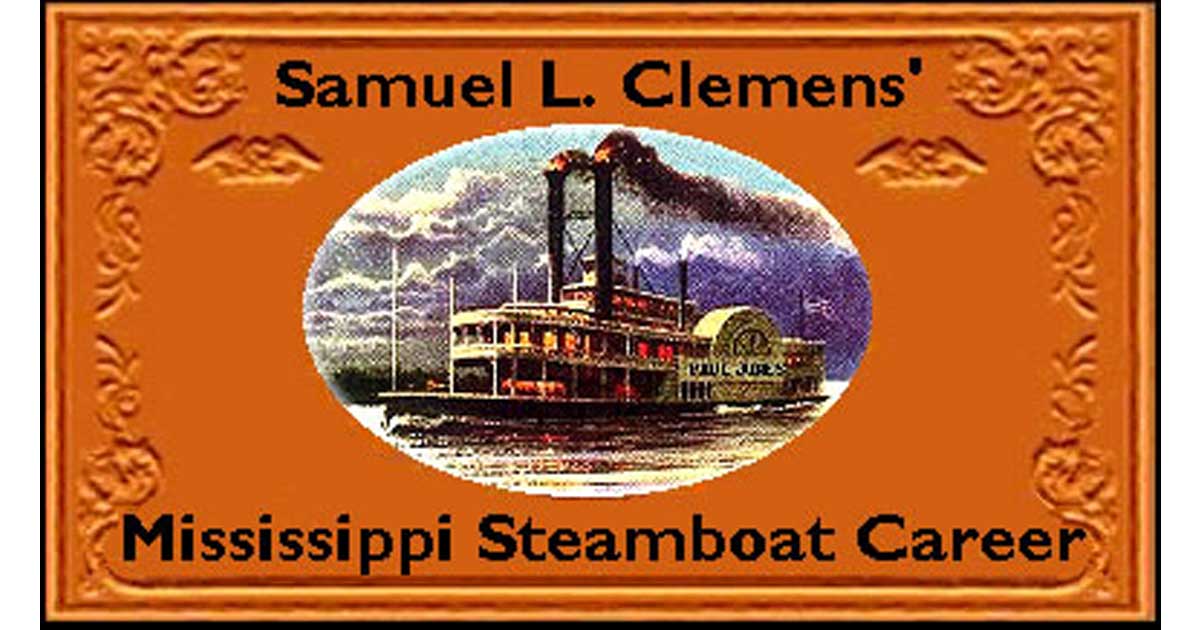The Eiffel Tower Gets Taller in the Summertime

While the claim that the Eiffel Tower grows 6 inches taller during the summer is an exaggeration, the tower expands in warmer weather. This phenomenon highlights the fascinating science behind how metal structures can expand and contract due to temperature changes.


